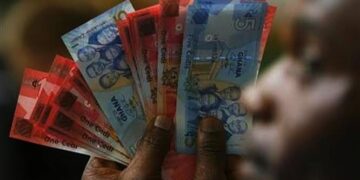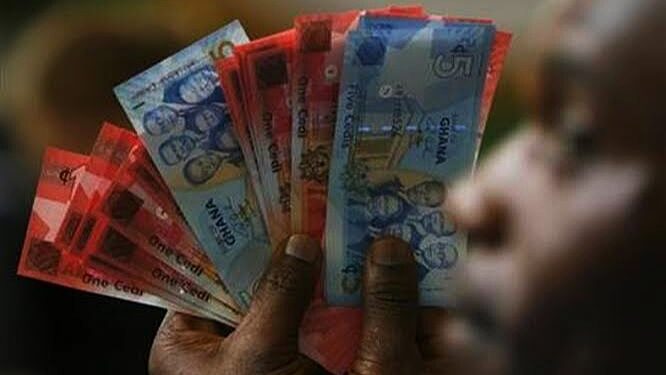By John Ikani
Ghana’s central bank raised its main lending rate by a further 250 basis points on Thursday, taking it to a five-year high of 24.5%, from 22% in August, saying inflation remained high and risks were on the upside.
The rate hike means it will become more expensive to borrow from the banks, a situation that will push the cost of living and doing business in the country further up.
The move, according to the central bank, is to curb the rising inflation of nearly 40%.
In August, Ghana’s consumer price inflation reached its highest level since 2001, accelerating to 33.9% year-on-year from 31.7% in July.
Inflation is far above the bank’s targeted band of 8% plus or minus 2 percentage points.
Inflation in the country is likely to go up significantly in the coming months following recent adjustments in utility tariffs and local currency depreciation.
Multiple credit rating agencies have downgraded Ghana’s economy to junk status, meaning the country is no longer credit-worthy.
Ghana is currently negotiating a $3bn (£2.7bn) IMF bailout programme to run for a period of three years.




































